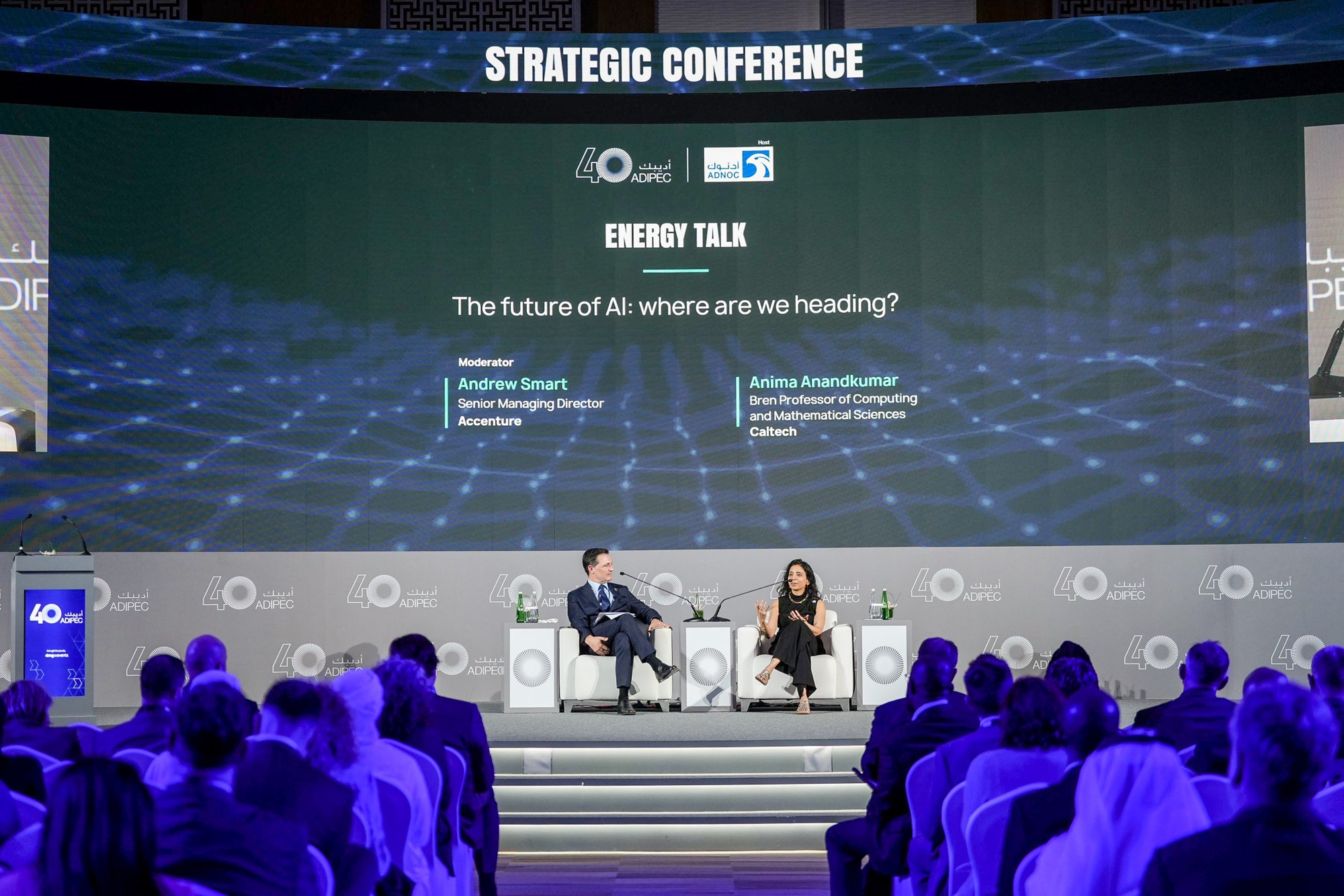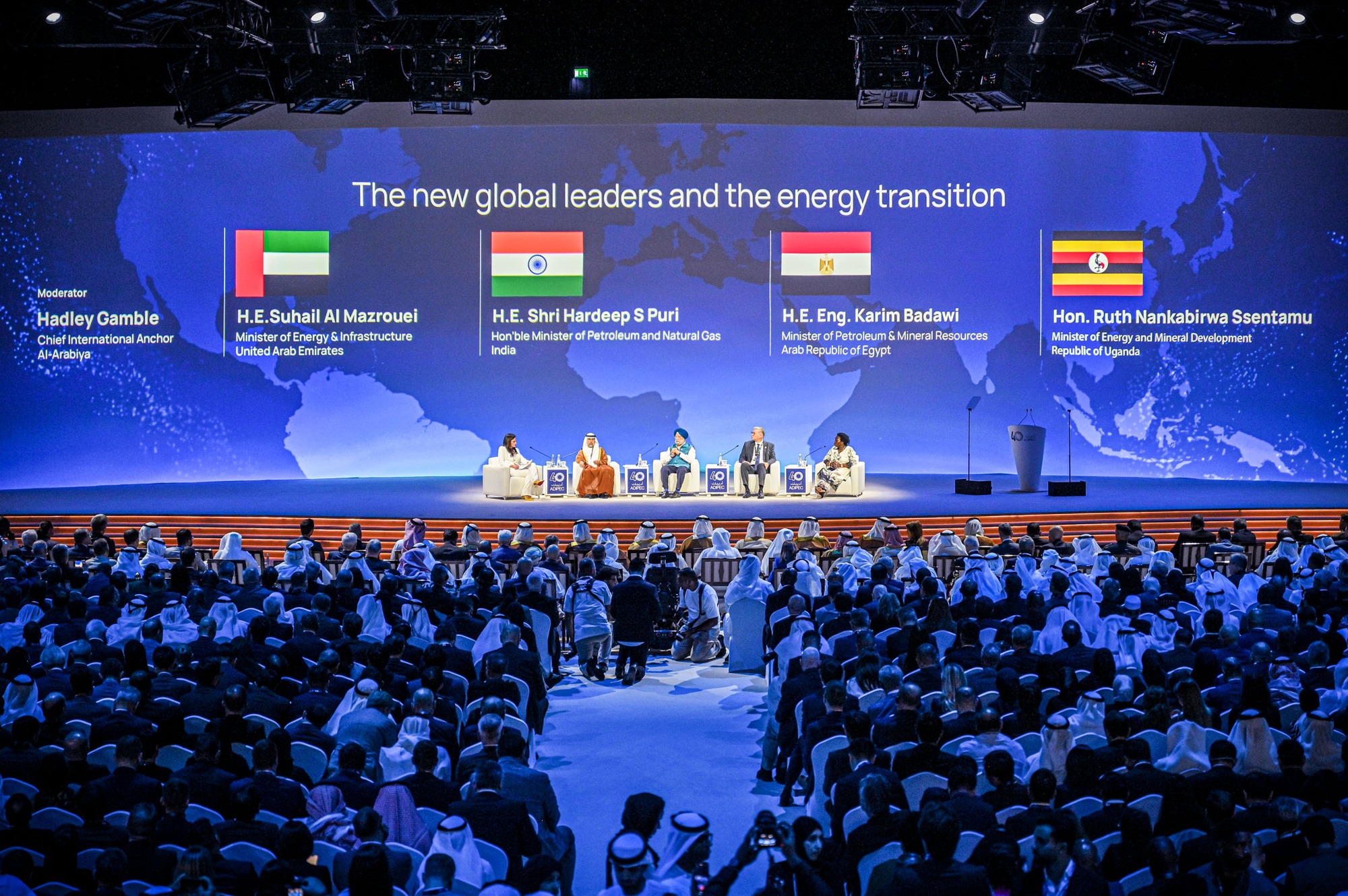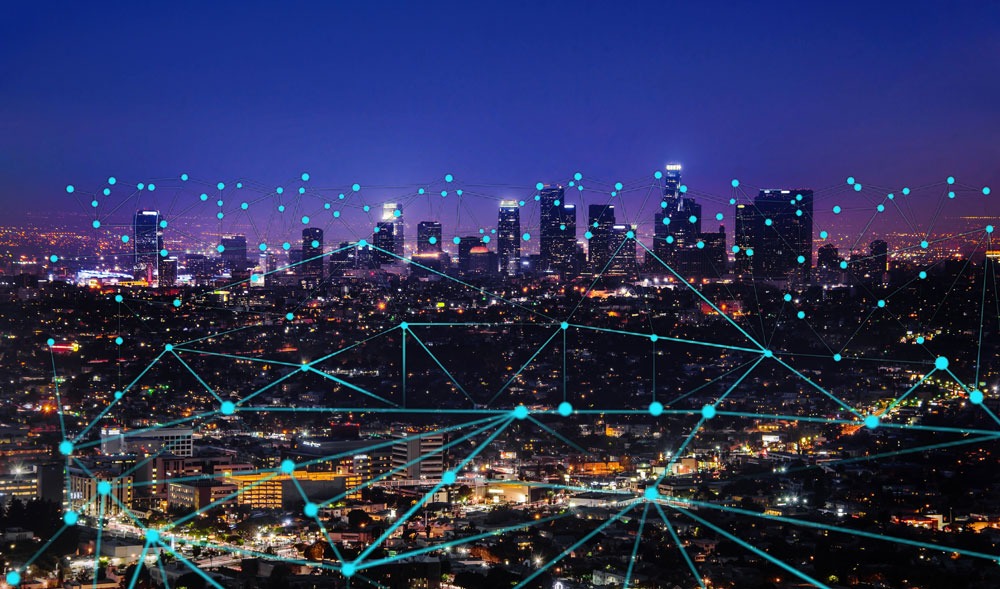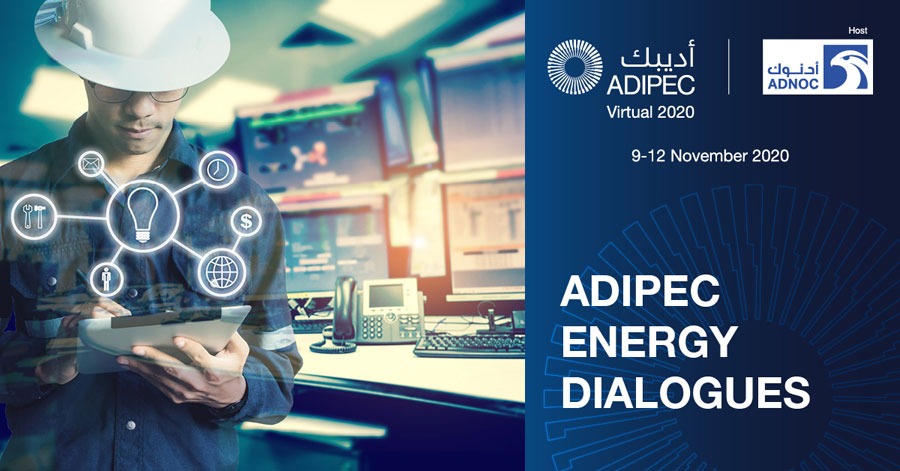- Day two concludes, as technology, energy and finance leaders explore pathways for increased collaboration to drive the energy transition
- New AI Zone highlights the intersection of energy and AI at the AI conference and exhibition, showcasing innovative solutions for a secure, equitable and sustainable energy future
- Experts debate AI’s role in boosting efficiency, enhancing resilience and unlocking investment, while addressing the balance between AI’s potential and its environmental impact

Abu Dhabi, 5 November 2024: The potential of Artificial Intelligence (AI) to transform the energy industry and accelerate decarbonisation has emerged as a critical topic of conversation amongst energy ministers and business leaders, as was made clear at the world’s largest energy event, ADIPEC 2024.
On the opening day of ADIPEC, His Excellency Dr Sultan Ahmed Al Jaber, UAE Minister of Industry and Advanced Technology and ADNOC Managing Director and Group CEO, emphasised the critical need for industry leaders to come together and support era-defining breakthroughs such as AI.
The emphasis on AI’s game-changing impact reflects a wider sense of optimism across the energy industry, as government leaders and business executives attending ADIPEC 2024 were united in the belief that AI can fast-track the energy transition and unlock new avenues for progress and prosperity.
In a session titled “The power of AI for the energy transition”, top executives from the private sector – including Tayba Al Hashemi, CEO, ADNOC Offshore, ADIPEC 2024 Chairperson; Michel Lutz, Chief Data Officer and Digital Factory Head of Data & AI, TotalEnergies; and Magzhan Kenesbai, Acting MD, AIQ – explored how AI is transforming business operations, and offered their expert insights on the long-term implications of wide-scale AI implementation.
Speaking to his company’s experience with AI, Michel Lutz, Chief Data Officer and Digital Factory Head of Data & AI, TotalEnergies, stated: “We are using AI to improve operational efficiency, which supports our company’s development in the renewables space. This allows us to better assist our clients in understanding their behaviour and what they need.”
Building on this sustained focus on AI’s role in the energy industry, speakers across ADIPEC’s ten different conferences emphasised the pressing need to address the challenges and opportunities surrounding this transformative technology. Alongside other top CEOs and energy executives, Tengku Muhammad Taufik, President & Group CEO, PETRONAS, urged industry players to adopt a measured and holistic approach to AI: “Before we perfect artificial intelligence, we need to address fundamental issues. AI can initiate either a virtuous or vicious cycle, depending on how we utilise this technology and how we feed it. While AI consumes a significant amount of energy and its production requires vast resources, it nonetheless helps economies and societies grow. It is up to us to respond wisely to the fork in the road ahead.”
Anima Anandkumar, Bren Professor of Computing and Mathematical Sciences, Caltech, also contributed to these critical conversations, highlighting the evolving impact of AI on both the energy industry and the environment: “We should consider not just the energy reduction achieved using AI, but also the time and money saved by employing these AI models. AI is helping us take corrective action in response to natural disasters and other climate-related issues, and the more data we have available, the better our AI models will become. The impact that AI can have in designing from scratch and creating simulations enhances our work in energy and technology.”
ADIPEC’s commitment to accelerating AI-enabled energy solutions and projects was reflected in the event’s inaugural AI Zone, which featured AI studios and demo pods that showcased transformative solutions from leading energy and AI businesses. This dynamic space provided attendees with a comprehensive view of the innovations shaping the future energy system.
The space also played host to the dedicated AI Conference, where leaders from the energy, technology, and government sectors worked together to develop a strategic roadmap for integrating AI into the energy landscape.
The AI conference featured several Innovation Showcases throughout the day, where tech giants and energy majors presented their latest breakthroughs and projects in the field of AI. Participants included Neeraj Joshi, Worldwide CTO of Energy & Resources, Microsoft; Aniruddha Sharma, Chair and CEO, Carbon Clean; Dr. Mike Roshchin, Head of AI, AIQ; and Ali Al Zaabi, acting CEO of AYP/ADP, ADNOC.
The newly launched Digitalisation & Technology Conference delved into how next-generation technologies, including AI, can unlock decarbonisation and efficiency opportunities presented by Industry 4.0. Sessions covered advancements in new materials, the Industrial Internet of Things (IIoT), and carbon capture, utilisation, and storage (CCUS), with a focus on sustainable scaling of these technologies.
In the exhibition halls, companies demonstrated their latest AI-enhanced hardware and energy equipment. Attendees explored innovative products and services designed to reduce emissions, improve energy efficiency, and accelerate the transition to cleaner energy sources.
As ADIPEC 2024 moves into its third day, the event continues to serve as a global platform for driving innovation, collaboration, and sustainable progress in the energy transition. With its unique blend of strategic insights and technological showcases, ADIPEC remains the premier forum for addressing the complex challenges of creating a low-carbon, high-growth future for the global energy sector.
Register to visit ADIPEC: https://bit.ly/3NSnoOh






